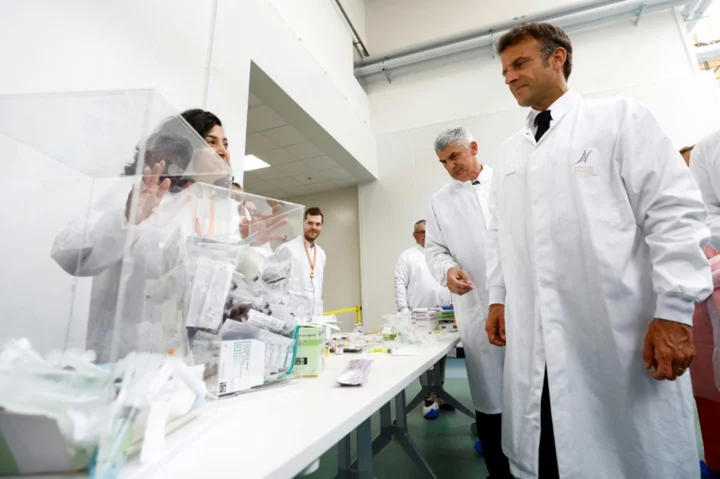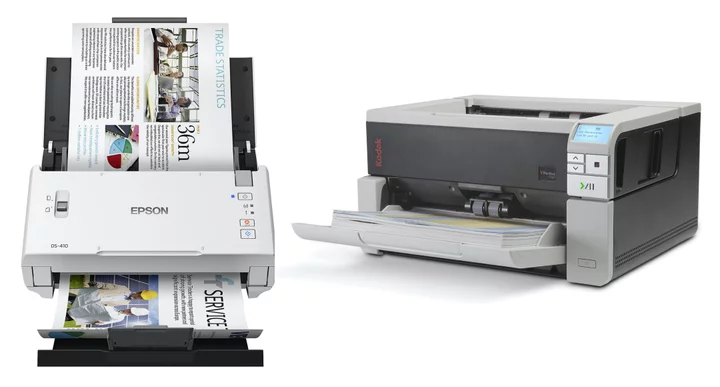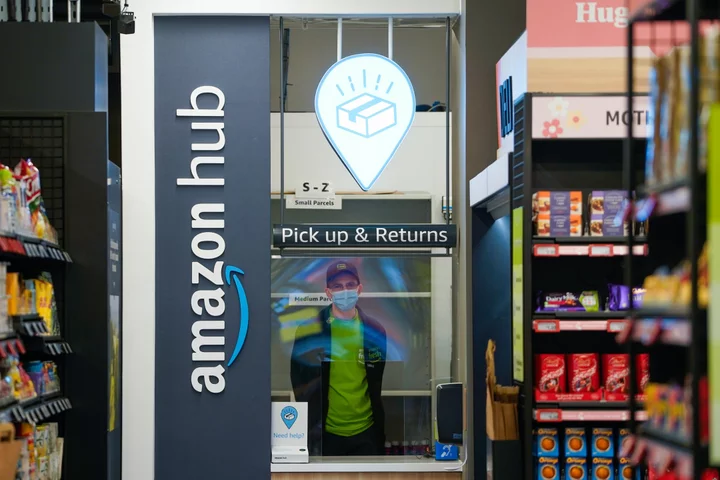Generations are often characterized by their relationship with technology. Baby boomers were the first to grow up with TV, and Gen X came of age when VCRs and MTV became widely available. Millennials were the first “digital natives” completely surrounded by computing devices in their formative years, and Gen Z was the first group to grow up with social media.
As a “Xennial”—born on the cusp of the Gen X and millennial generations—the cutting-edge tech from my youth is vastly inferior to what’s available to my 3-year-old daughter, a member of Generation Alpha—those born in the early 2010s or later. Will hers be the group for whom AI-powered tools such as ChatGPT and Dall-E 2 will be common tools used in everyday life?
Time will tell if generative AI is mostly hype—or if it will relegate our current technology to the history books. But early data-driven insights suggest AI will make a big impact, at least in the workplace. In March 2023, I conducted an Aberdeen Strategy & Research study of 642 professionals to understand how they feel about AI-powered tools such as ChatGPT today and how they think these tools will impact us all in the future. Our research reveals that age plays a big role in people’s opinions on this topic. (Aberdeen Strategy & Research is owned by PCMag’s parent company, Ziff Davis.)
Millennials: AI Will Be Good for Business
Across all age groups, most respondents (67%) believe AI will change society greatly, but expectations are mixed as to whether that change will be positive or negative. While 47% of all respondents said AI will have a positive impact on their line of work, younger generations are more upbeat about AI in the workplace than their older counterparts.
Among millennial respondents and younger (born in 1981 or later), 62% believe AI will have a positive impact on their line of work—a significantly higher number than among Gen X (45%) and boomers (38%).
Many millennial and younger respondents said they're already using tools like ChatGPT at work in a variety of use cases: for example, to help them find information faster than search engines (45%), respond to emails (22%), write long-form text documents (21%), and find solutions to business problems (19%).
Why Younger Respondents Embrace AI
While boomers can expect to retire soon (if they haven’t already), even the oldest millennials have 25 more years until they reach retirement age. Members of Gen Z can reasonably expect to spend at least 40 more years in the labor force. These extended work-life horizons are at least partly why 59% of millennials and younger believe AI will surpass humans in many areas within their lifetimes, compared with 46% of Gen Xers and 41% of boomers.
Our data also reveals that younger respondents think AI is going to make a bigger impact in the near term, too. Nearly half of respondents born in 1981 or later (47%) believe they’ll work alongside intelligent robots within the next five years, compared with 26% among Gen X and 23% among boomers. Younger respondents were also more likely to believe AI will be a mission-critical element of business strategy—a big differentiator in the workplace—in the years ahead.
There’s one negative aspect of AI on which professionals of all ages agree: Universally, most members of all generations (64%) are concerned about job losses resulting from the development of AI. At the same time, millennials and younger are slightly less worried (57%) than boomers (70%) or Gen X (63%), even though more respondents fear for their jobs than not.
Workers might have a good reason for this fear. According to its own estimates, OpenAI, the organization behind ChatGPT, says 19% of jobs could be replaced by generative AI. A slightly more optimistic report from Goldman Sachs recently suggested that 7% of jobs will be completely displaced.
With this in mind, business leaders and technology providers touting the benefits of AI-enabled solutions need to approach the subject of job replacement with caution. Talk of introducing AI in the workplace will likely be met with resistance by potential buyers, especially when trying to sell AI-powered technologies to older workers. But even younger generations need employers to take a sensitive approach.
What Our AI Research Tells Us
In summary, while the jury is still out on just how disruptive generative AI will be in the workplace (both in the near and long term), one thing is for sure: Perceptions of AI follow a clear pattern. Older workers are more fearful of the disruptions AI might bring, while younger workers are relatively excited about the usefulness of AI in the workplace.
Perhaps because they expect to be part of the workforce for longer, members of the millennial, Gen Z, and Alpha generations see the rise of AI as more inevitable and something they’ll have to adapt to during their careers.
Another parting thought: According to our study, 62% of professionals in the millennial and subsequent generations believe the development of advanced AI will be as important as the creation of the internet—which as we all know, changed the world greatly, in both positive and negative ways.
If the vast changes brought about by the introduction of the World Wide Web are any indication, we could be in for a wild ride with AI. While younger workers are worried about the coming changes like everyone else, they’re prepared to explore the opportunities introduced by AI and to meet challenges head on.









